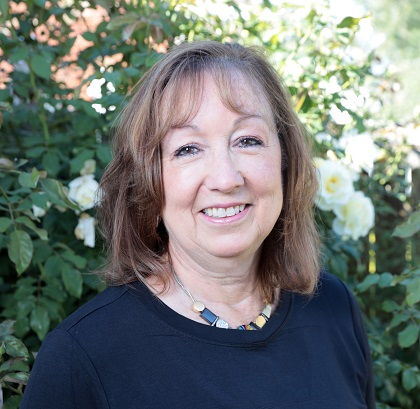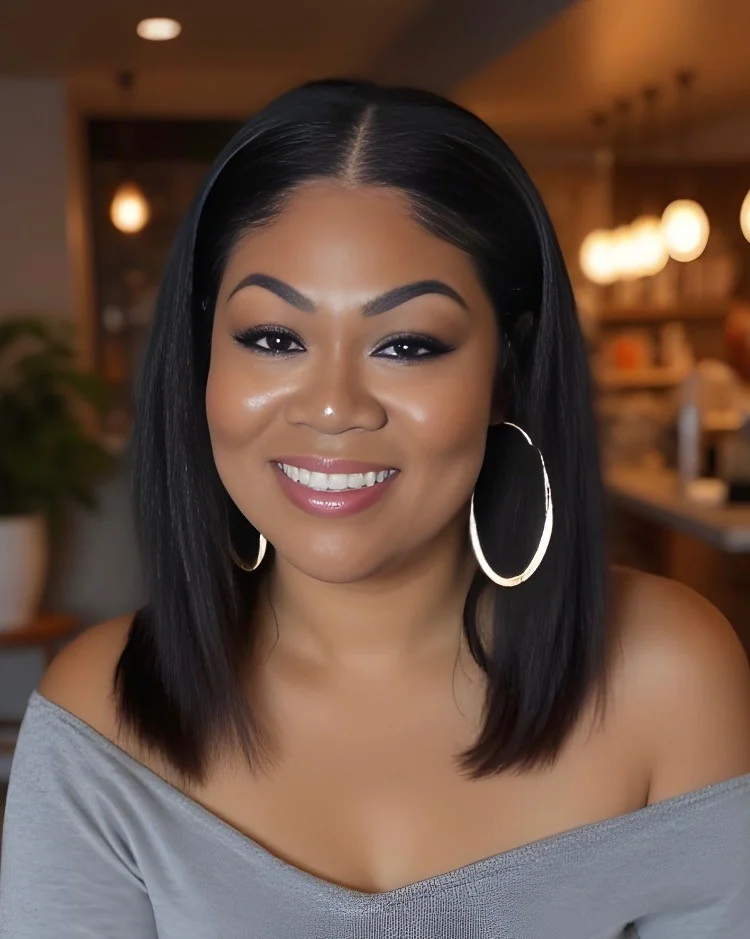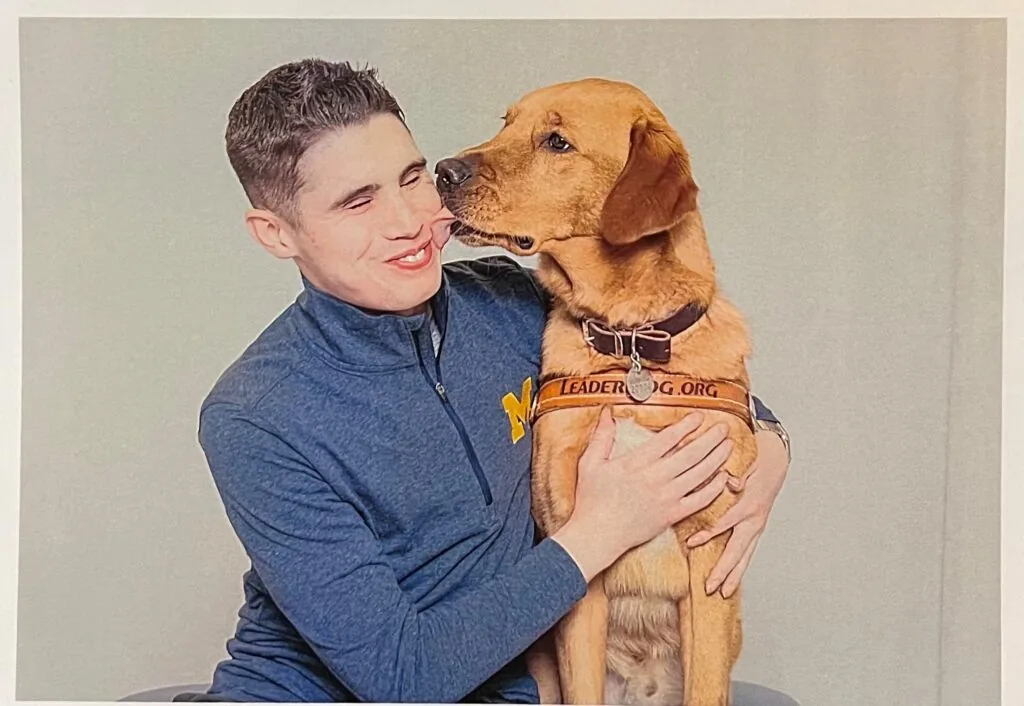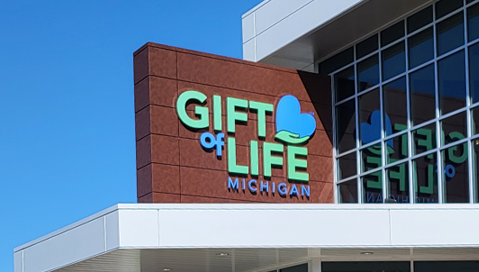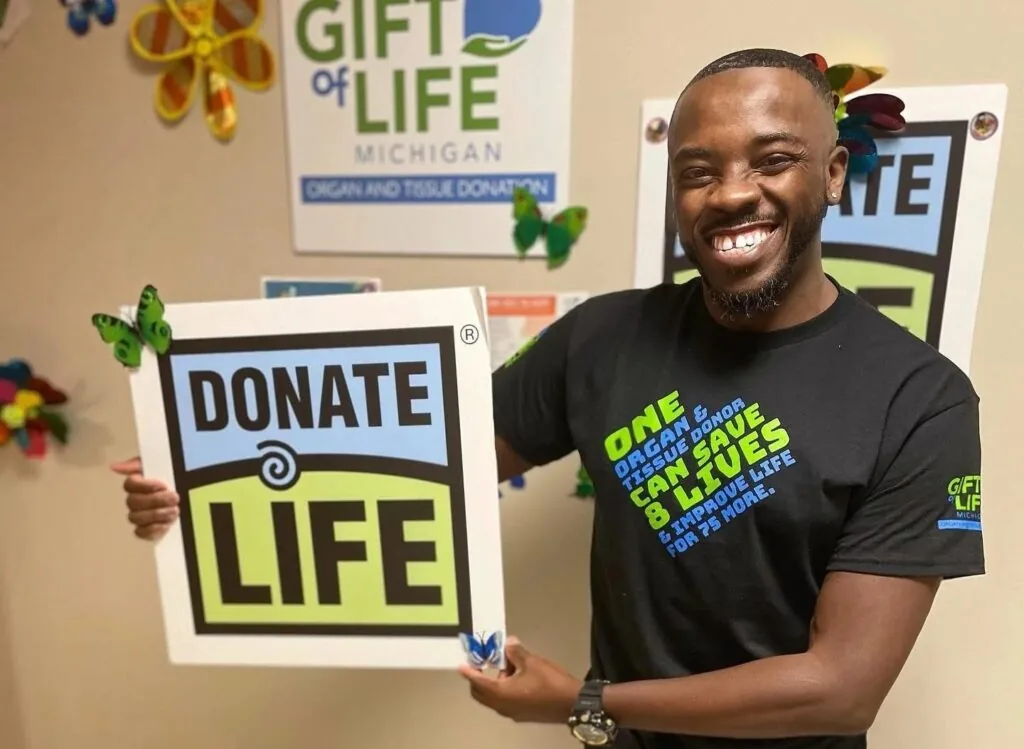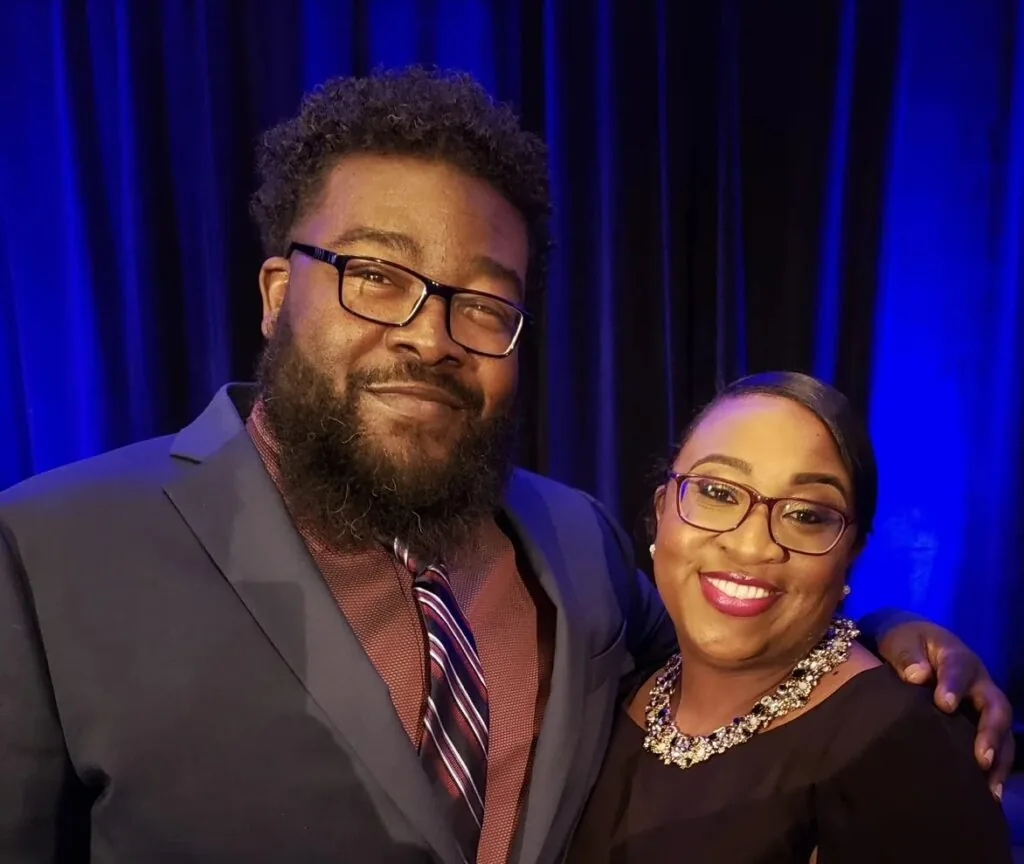Donated tissue allows breast cancer survivor to quickly resume life, activity
With a history of breast cancer in her family, Sue Pilon was not about to take chances when she was diagnosed with the disease in 2011.
“I was not messing around,” she said. “I immediately said we’re not waiting. I want a mastectomy and I want it now.”
Her biggest decision was what type of reconstruction she wanted to pursue. At the time, there were primarily two options: using a tissue expander at time of surgery, which required multiple follow-up visits for saline injections, followed by another surgery to complete the reconstruction, or using fat tissue from the abdomen.
“The recovery time with that is pretty bad,” pilon said of the second option. “You risk losing muscle tone in your abdomen. I was pretty active – I was a runner and I played tennis – and I didn’t want to be sidelined for a long time.”
She also remembers her experience with her mother, who was diagnosed with breast cancer in the 1970s while she was in her 40s. Sue was in high school at the time and, as the oldest child, helped care for her mother after her surgery.
“I remember helping her change her bandages and helping her take care of it,” Pilon said. “The cancer was gone, but the scar was awful. There was no thought of how she was going to look or feel afterwards, in terms of self-esteem and self-image, that kind of thing.”
She had nearly decided on taking the tissue expander option when her surgeon presented her with a third choice, relatively new at the time: using donated tissue to reconstruct the breasts immediately after the cancerous tissue was removed, during the same procedure. Since the cancer had been caught and diagnosed early, she was a good candidate. The ultimate result would depend on how successful the surgery was – and how much tissue needed to be removed – but she agreed to it, not knowing exactly what she would wake up to.
Fortunately, everything went well.
“I woke up and I felt whole,” she said. “You can live without those body parts, they’re not necessary, but for you to bounce back from hearing the words ‘you’ve got cancer’ to waking up and saying ‘I’m cancer-free and I look pretty much the same as I did before I went into surgery,’ that’s huge in terms of recovery.”
She was released from the hospital less than 24 hours later and walking around the neighborhood the next day. She never required chemotherapy, was back at her job within four weeks and on vacation by the end of the year – swimsuit, running shoes, and all.
“I felt good and I looked good,” she said. “It was amazing.”
Pilon has since worked with Gift of Life Michigan to advocate for tissue donation and has given presentations about the importance of regular checkups and early detection in the treatment of breast cancer. She’s shared her story with the media, too. She said it’s important for people to know their options.
“I had choices that weren’t available to my mother,” she said. “The fact that I was able to bounce back as quickly as I could, I always think of it as a tribute to her.”


